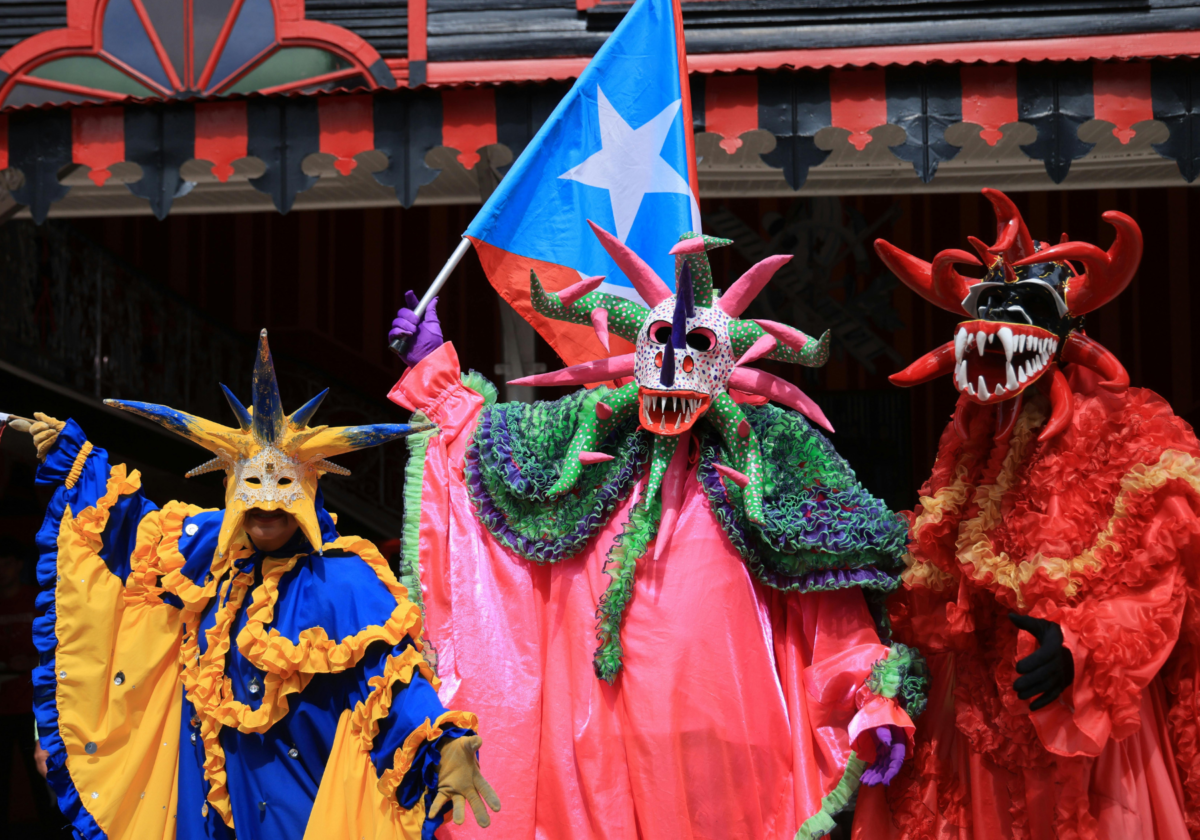 The other day I read that a new fashion magazine for women launched, this new magazine is geared toward modest fashion and features models wearing long sleeved tops and long skirts.
The other day I read that a new fashion magazine for women launched, this new magazine is geared toward modest fashion and features models wearing long sleeved tops and long skirts.
Excuse me, but this doesn’t seem very fashion foward to me. It reeks of oppressive anti feminism.
On the Web Eliza: http://www.elizamagazine.com/
Then I saw this article, which coincidently came at the same time my friend introduced to the term “Menergy.” Menergy is anti metrosexual, it’s what a man’s man exudes.
Um, okay but then I read the article below about how women need to get back in the kitchen and I thought to myself what is going on in our society…
From The NY Daily News:
What makes a man a man BY DOLORES PRIDA
A machismo makeover conspiracy is afoot.
An overt salvo was fired last year with the publication of an article titled “In Search of Machismo” in Latina magazine.
The author, Conchita Cortez, bemoaned the fact that too many Latinos were becoming softies and that women had just about had it with men who plucked their eyebrows and had better complexions than them.
The so-called “metrosexuals” were becoming a bore and women were ready to welcome back a “new machismo.”
The latest effort to rehabilitate this much-maligned male behavior, is the book “Huevos y la Mujer Latina: The De-masculinization of the Macho” (Floricanto Press, $19.95) by Julián Camacho Segura.
It’s the kind of book that makes you scream, “Why am I reading this?” every few pages. This Macho Camacho calls for women to get back into the kitchen so men can watch Sunday night football with their amigos then go out to drink and chase other women.
He blames white women for the current state of affairs — including the “abominable” sexual harassment laws — and decries that young Latinas have followed suit and become too independent and assertive.
This “emasculation” is responsible, along with racism, for the enormous high school dropout rate of young Latino males. Men must get back in touch with their huevos to make the world right again, he concludes.
For him the world began to crumble one evening in the late 1970s when, as a 10-year-old kid, he watched an episode of “Charlie’s Angels” in which one of the Angels, wearing high heels, kicked a man.
“Even if they were criminals, I could not tolerate visually these women assaulting the male species,” he writes.
It makes you wonder why, in our culture, men do not fear being gored by a bull at the plaza de toros, but tremble at the mere thought of being kicked in the groin by a woman wearing stilettos.
This poorly written Huevos monologue could easily be dismissed as a tirade born of too-many-Tecates if it weren’t for Floricanto Press issuing it as part of its La Mujer Latina Series. What were they thinking?
Are Latinas being bamboozled back to the old ways, to aid and abet in the preservation and protection of the fragile macho ego? To feel guilty about their success?
Perhaps the confusion is all a matter of semantics. Huevos means eggs. A fragile metaphor, indeed. It is a mystery why men use it at all to refer to the perceived repository of their manliness.
“Macho man” is just the theme of a tacky song. Cojones is really the equivalent of chutzpah. And there’s nothing good about machismo, whether “new” or old. It’s unadulterated male chauvinism and it has nothing to do with masculinity.
In Spanish we have another word that is just right: hombría. It means not just manliness but also courage, integrity, honesty and uprightness.
To have hombría, to be un verdadero hombre, is the best compliment a man can receive. Un verdadero hombre is a true hero who overcomes adversity and always does that right thing.
And that’s what young Latinos should be taught:
That it takes hombría to finish high school.
That un verdadero hombre doesn’t impregnate and run,
but is a real father to the children he brings into the world.
That un verdadero hombre is sensitive
but emotionally strong and
his masculinity is not threatened by cooking and
helping with the dishes.That’s what women want. As for huevos, they know they gotta break some to make an omelet … preferably while wearing tacones.





Woman should have a choice as to what they put on. But have you seen what people are putting on these days? Next to nothing. I’m all for freedom of expression but there is nothing wrong with a magazine that has people fully covered. I doubt it will be a big hit on the newpaper stand but everyone has an audience (even if it is a tiny few).
Woman aren’t at fault for men feeling weak. Men need to step their game up and handle what they feel has been taken from them. I’m not talking about doing anything voilent. But I speak of going out to get the proper education (investing in what is considered Human Capital).
Great post. I like the infusion of Spanish with English. Some words I was like what does that mean but you quickly explain to the point that I understand.
This piece was thoughtful and insightful. The lack of Hombria in society at large may be why there is this subtle but overwhelming attack on the feminine.
Even the commercials today (Wendy’s, Burger King) and acceptance of certain ideals (the pimp, mack, player, seduction communities) have the overriding themes of male energy at the expense of female energy.
Good for bringing this to the forefront and doing it concisely and interestingly.
Hmm..I don’t really find anything wrong with the Eliza magazine/site. From what I saw on the site, the clothing looked fashionable. Modesty is A-ok with me. I wish more people would take that approach.
I don’t think there is anything wrong with dressing however you want but can you name one magazine geared toward men that promotes modesty?
Soon they will have us wearing bhurkas and walking behind men.
Hello! I came across your blog while looking up modest women in the image section of google (I was doing research for one of my blogs). Literanista, your hysterical reaction to a modest fashions magazine was very revealing. It reminds me of why I left feminism behind a looooong time ago.
Feminists scream about choice but get down right apoplectic when women make choices they don’t like. You say you don’t find anyhing wrong with women dressing however they want but your over-the-top reaction to Eliza magazine proves you’re lying. It is utterly Orwellian that feminists insist they’re against women being sex objects yet preach that dressing like a slut, i.e. a sex object, is the first line of defense against the dreaded patriarchy. That’s another reason why I left feminism behind.
And as for there being no modest fashions magazine for men, well maybe men don’t want to read that sort of thing. It’s called the free market, dear.
Dear Author literanista.net !
It is remarkable, very useful idea